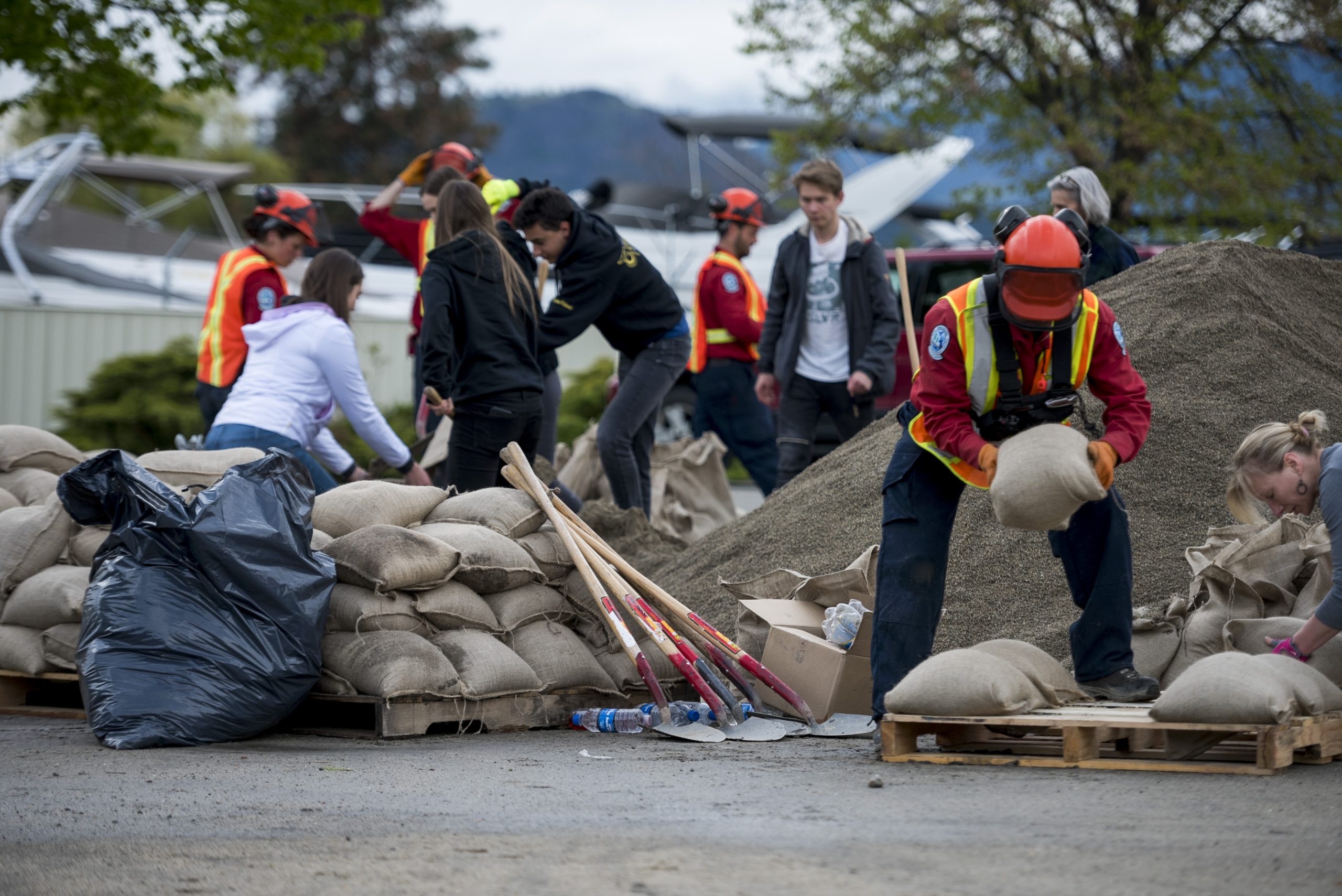
Emergency Management Regulations
Overview
Who: The Ministry of Emergency Management and Climate Readiness
What: Gather feedback to help inform development of emergency management regulations, including post-emergency financial assistance
Where: Province-wide
Why: To create modernized regulations in support of a new emergency management law being introduced in fall 2023
How: Blog forum, written submissions, virtual sessions
Background
Climate-related emergencies are impacting communities in B.C. at an unprecedented rate. In recent years, we have endured some of the most challenging emergency conditions of our lifetimes including the COVID-19 pandemic, catastrophic wildfire seasons, devastating floods, and increasingly extreme weather events such as severe drought and heat. Since 2019, B.C. has been developing new provincial emergency management legislation to reflect the changing world by incorporating best practices, learnings from recent events, and the Province’s commitment to reconciliation.
The Province will be introducing modernized emergency management legislation in fall 2023 to replace the Emergency Program Act. The new law reflects key policy changes and new regulations will be developed to align with it. These will include a new post-emergency financial assistance regulation to replace the Compensation and Disaster Financial Assistance Regulation, as well as new regulations to replace the existing Local Authority Emergency Management Regulation.
Engagement summary
Post-emergency financial assistance
Under the current Emergency Program Act, regulations set out a framework for providing financial assistance (commonly referred to as “disaster financial assistance” or “DFA”) to restore uninsurable losses that are essential to homes, livelihoods, or communities. The program supports the reestablishment of basic essentials. It is not designed to cover all losses.
Read the discussion paper: Re-imagining Financial Assistance After Emergencies (PDF, 1MB)
Local authorities
Local authorities are a key player in emergency management in B.C. The Emergency Program Act focuses on emergency response, but the new law includes all four phases of emergency management – preparedness, mitigation, response and recovery – and recognizes the role of local authorities in each. Some of the key changes for local authorities in the proposed legislation that could be further detailed through regulation include:
- The framework for multi-jurisdictional emergency management organizations
- Clear emergency planning requirements that support equity, the inclusion of Indigenous and local knowledge, and reflect climate driven emergencies
- Requirements to consult and cooperate with Indigenous governing bodies
Read the discussion paper: Regulations for Local Authorities (PDF, 1MB)
To learn more and get involved, visit the engage site.
How your contribution makes a difference
Contributions will help shape the future of B.C.’s regulatory approach for:
- Post-emergency financial assistance
- Local authority emergency management, including emergency planning requirements
Modernized regulations for post-emergency financial assistance and local authority emergency management will help create safer, more resilient communities for all British Columbians.






